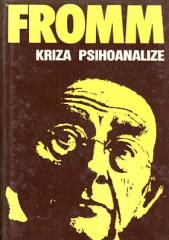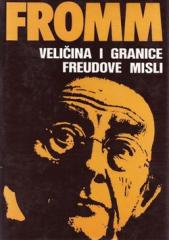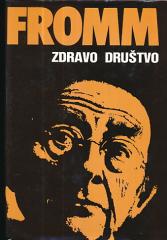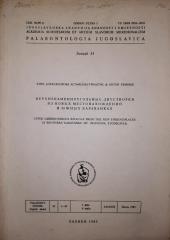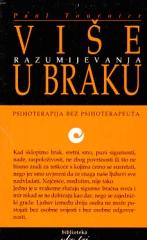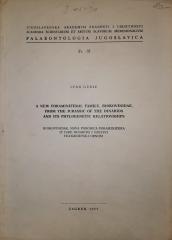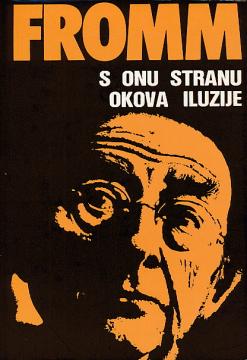
S onu stranu okova iluzije: Moj susret s Marxom i Freudom
U autobiografsko-filozofskom djelu "S onu stranu okova iluzije", Erich Fromm prikazuje vlastiti intelektualni razvoj kroz susret s idejama Karla Marxa i Sigmunda Freuda.
Fromm smatra da su oba mislioca duboko utjecala na razumijevanje čovjeka i društva, ali da su njihove ideje često pogrešno tumačene ili ideološki iskrivljene.
Freud je, prema Frommu, dao revolucionarni uvid u nesvjesni život i unutarnje sukobe čovjeka, no bio je sklon autoritarnom i pesimističkom pogledu na ljudsku prirodu. Marx, s druge strane, analizirao je društvene strukture i ekonomske uvjete koji oblikuju čovjjekovo postojanje, ali je u praksi često bio interpretiran dogmatski.
Fromm nastoji spojiti ono najbolje iz obje tradicije u humanistički socijalizam i psihoanalizu, naglašavajući slobodu, ljubav i kreativnost kao temeljne ljudske vrijednosti. Kritizira i kapitalizam i autoritarni komunizam jer guše autentičnu ljudskost. Umjesto ideološke sljepoće, poziva na kritičko mišljenje i osobni razvoj.
Knjiga je poziv da čovjek izađe iz „okova iluzije“ – bilo religioznih, političkih ili psiholoških – i prepozna vlastitu odgovornost za stvaranje smislenog i humanog svijeta.
Jedan primjerak je u ponudi
